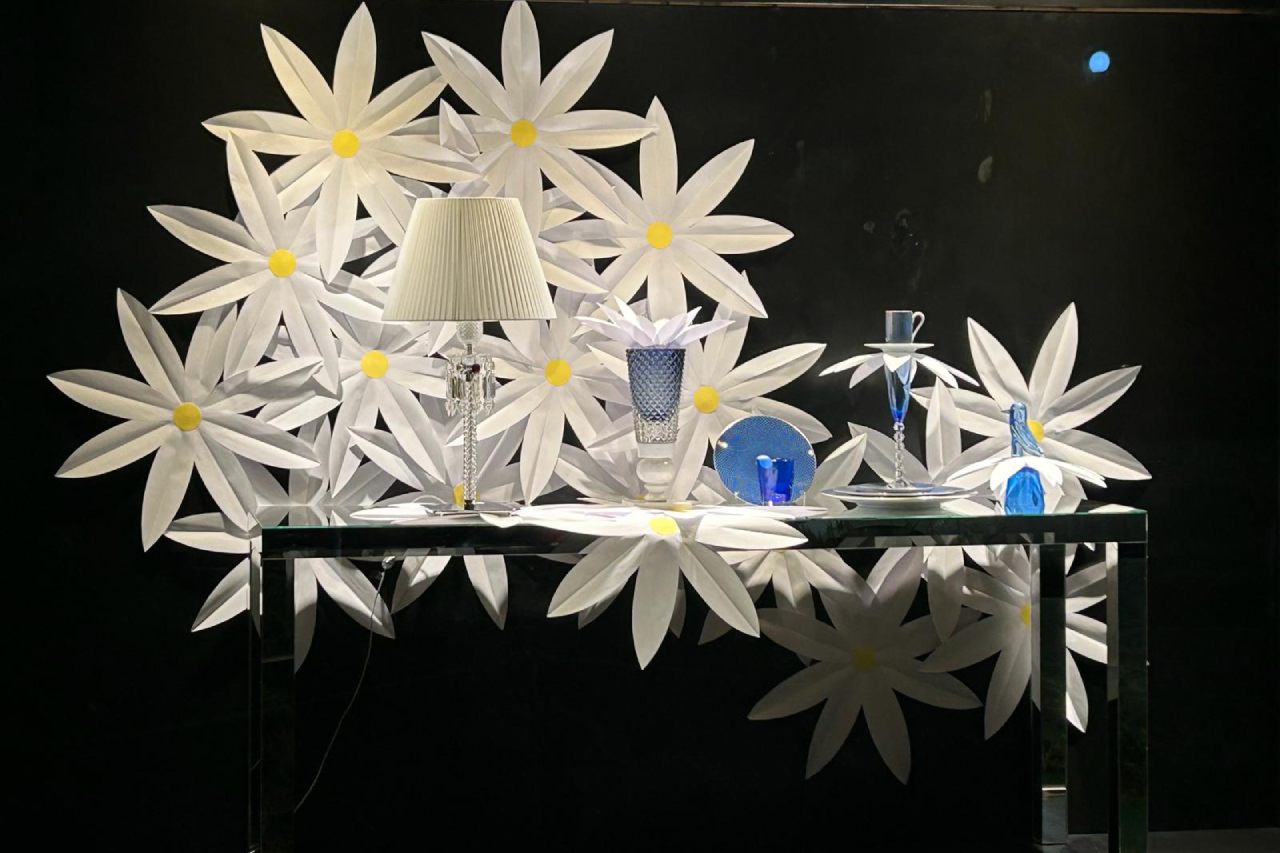
“The coming generation is pushing to change the way we work,” explains Luis Filipe Santos, Portuguese brand ambassador for Milano Home, “but a conservative hard core that clings resolutely to old habits persists.”
“The Fiera di Milano has always represented a prime partner for the Portuguese business community. Operators look everywhere, following the international trade fair calendar attentively, but they turn their attention to events that can combine business and quality of offering, a wellspring that naturally fuels great interest. The hope is that the new Milanese format under the Milano Home brand fully upholds the spirit that emerged in the first edition.”
These are the words of Luis Filipe Santos, Milano Home brand ambassador for the Portuguese area. He has worked as a distributor, and is now (for over 20 years. Ed.) an agent for historic companies such as Villeroy, Peugeot, Pozzi Milano, L’oca Nera, Alessi and Guzzini. He lives in the capital, Lisbon, the prime location for examining market scenarios and interpreting market trends. This is where strategies take shape and signs observed before they go on to be reflected in other areas of Portugal.
Santos coordinates a staff of five and knows European brands inside out, especially Italian ones, which have spread greatly in the country that looks onto the Atlantic thanks in part to his extensive work.
“Portugal has not yet been struck by the wave of modernism that has affected much of Europe,” explains Santos, “though the strong push for change supported by the coming generation, beginning to use the lever of technology very frequently, is worthy of note. Two spirits co-exist, to date: a strong conservative base, still reluctant to embrace a parallel form of communication, is counterbalanced by the driving force of young people, who push shop sales to occur along two lines: traditional sales, rooted in direct contact in shops, accompanied increasingly forcefully by e-commerce, with social media acting as a platform for conveying the image, characteristics and potential of brands.”
These models and habits are hard to break. The physical shop maintains its identity and remains the favoured point of sale, but the possibility of extending scope through the internet is starting to win over even the most reluctant of retailers. The two channels aren’t in competition. On the contrary, they consolidate the offering and direct it on several levels.
Unlike Italy, France and Spain, Portugal suffers from an absence of big chains and this is one factor that drives much of the demand towards shops.
“The shops are generally small. It’s not uncommon to find business owners who open shops in several locations, a decision dictated by the need to broaden the potential user base.”
With respect to supplies, “retailers communicate with the reps for the various companies directly. A remainder, made up of small shops, interacts with the distributors.”
Whatever the path, what matters is “customer assistance, which must always be involved and followed.” This basic principle can nonetheless not be taken for granted in today’s landscape, where relationship management is too frequently forgotten in the hunt for sales.
Portuguese customers have always appreciated the furnishings, accessories and modern home solutions of Italian designers.
“Portugal loves everything that spells Italy. Aesthetic taste, a search for perfection and undisputable style are present in Portuguese homes. From clothing to fragrances, from furniture to accessories, Italian design is definitely a step ahead of its competitors.
Despite bordering Spain, there are not many similarities between the Spain and Portugal. The Italian influence is definitely more marked and evident and there are many spaces dedicated to the world of the home that reproduce patterns and trends present in Italy.”
The aesthetic sense of Italian manufacture also stands out in shop windows.
“Object and product display is based on Italian aesthetic principles. There is complete awareness that presentation is the first element of a mosaic with assortment, welcome and assistance as the pieces that have to fit together.”
Quality, advice, interaction. Portuguese sales outlets excel at placing the customer centre stage: they're not just transactional spaces but also areas for experience, customer interaction, and perfect for fostering brand loyalty.
Learn more